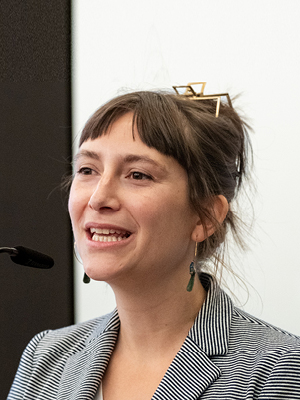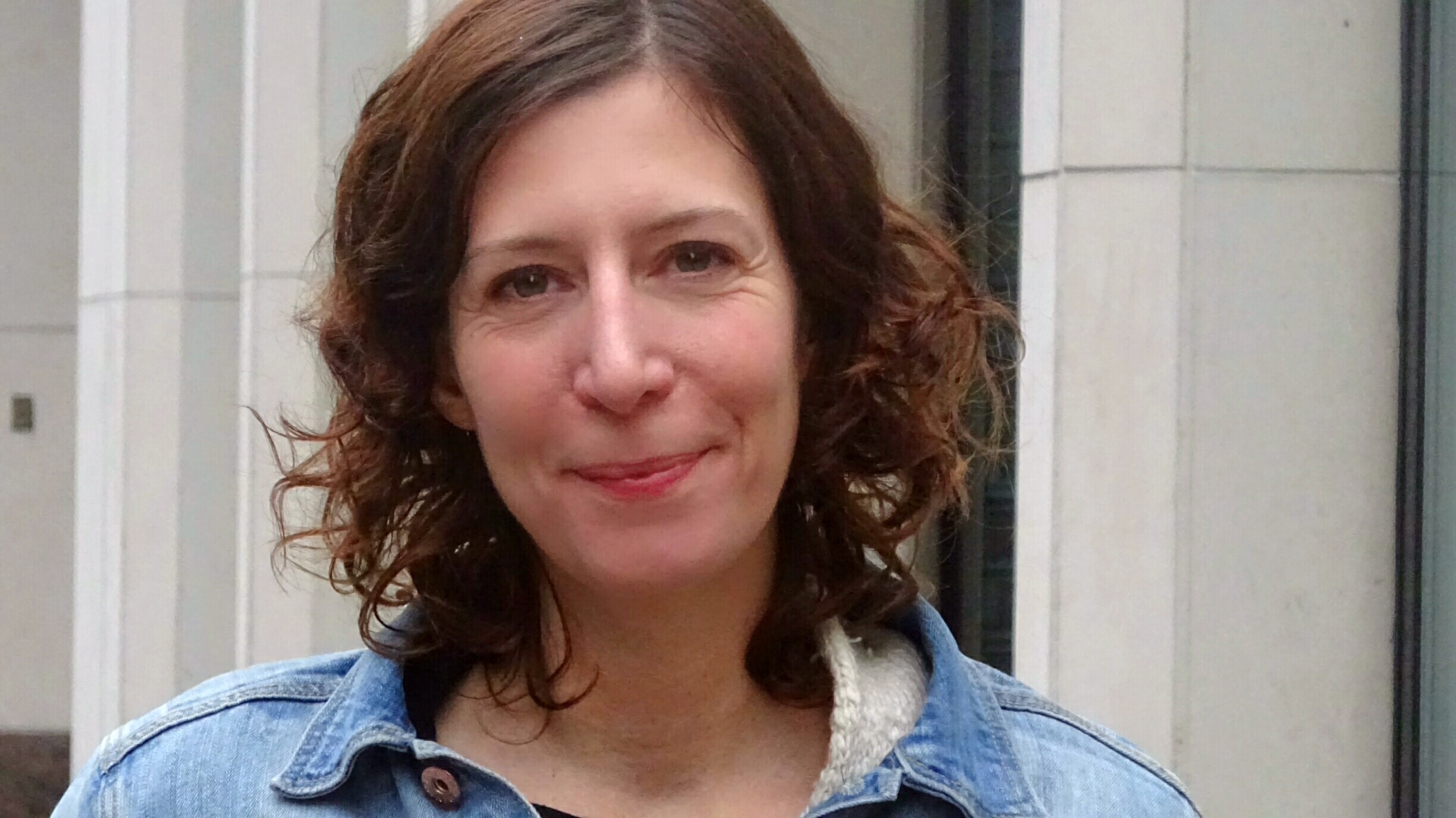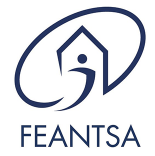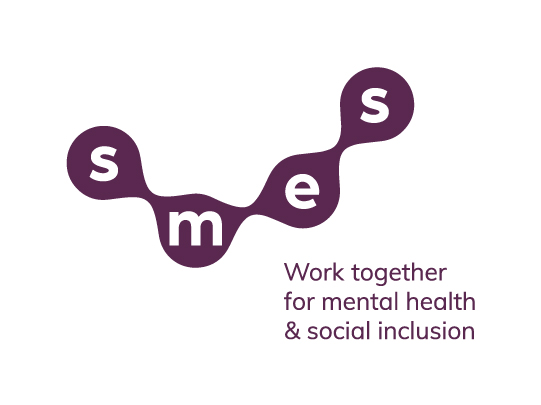Belgium
Housing First was implemented in Belgium in 2013, following a pilot project that ran until 2016. This initiative initially took place in the five largest cities in the country, with scientific monitoring and support. The federal government played a key role during this testing phase, as the initiative was included in a Federal Plan to Combat Poverty and received substantial funding from the National Lottery. From the outset, the federal government also hosted two federal coordinators (Dutch/French) responsible for overseeing the pilot phase.
However, the majority of the funding did not come from direct federal public funds, but rather from the National Lottery — a public company under the direct control of the federal government, which organises games of chance in Belgium and allocates a portion of its profits to public interest projects.
In addition, some of the initial beneficiaries of these grants also invested their own funds or secured co-financing from regional and local stakeholders. From the beginning, relatively distinct actors led the projects in the three regions of the country:
- Flanders: mainly cities, Public Centers for Social Welfare (CPAS/OCMW), and Centers for General Welfare Work (CAW)
- Brussels: mainly non-profit organizations (ASBLs)
- Wallonia: Social Relay networks (Relais sociaux)
Housing First has since spread across Belgium and has been supported by successive federal governments as an innovative and efficient public policy to address homelessness. More than 45 programmes currently exist in Belgium.
Over time, many relevant competencies—particularly housing and social services—have been devolved to the regional level. As a result, the regions are now the primary sources of funding for Housing First programmes and are responsible for their oversight. Each region operates in a very different way.
Alongside the regions, which are responsible for fundings, the federal authority continues to play a leading role in the coordination and development of HF expertise in Belgium. The federal coordination main tasks are as follows:
- Coordination of the Housing First Belgium Platform: this brings together all the stakeholders and federated bodies involved in developing HF in Belgium in order to ensure “mutual learning” (two meetings/year)
- Collection and processing of annual data throughout the country, in collaboration with the federated bodies, to consolidate Housing First in Belgium on the basis of accurate data
- Development/financing of innovative projects with national coverage via its calls for projects (no structural funding): –Implementation and monitoring of the Housing First for Youth (HF4Y) initiative throughout the country (one shot)
- Optimum mobilisation of the funding made available by the National Lottery (€1.3m/year)
- Represent Belgium in the context of its European commitments to eradicate homelessness by 2030 (Lisbon Declaration).
Since 2023, national coordination has been integrated into and funded by the federal administration of Social Integration – SPP SI (and no longer by the National Lottery). It has recently been reduced to 1 full-time post and the new government has not yet given a clear perspective on its future. In Wallonia, there is a well-identified coordination body with which the SPP SI works closely. In Brussels, the partners are more diverse, but they are also identified and mobilised as part of a relatively effective partnership. In Flanders, the multiplicity of players/funders and the lack of clear coordination of the HF sometimes complicates the partnership with the federal government.
Country spotlight
Ga voor Housing First!
Belgian Housing First Handbook Ga voor Housing First-handbook_(language: Dutch) Osons Housing First-handbook_(language: French) Belgian Housing First Leaflet Housing First Belgium results (language: English) Housing First Belgium resultaten (language:…
Find out more hereHousing First – Peer Review in Social Protec…
In 2016 the Belgium hosted a Social Protection Committee peer review on Housing First with the support of the European Commission as part of the Social Open Method of…
Find out more hereDaring to provide housing for a rapid and sustaina…
Tedx talk on Housing First by Coralie Buxant The most vulnerable homeless people (mental health/drug addiction) find it difficult to complete the successive stages of the traditional integration process….
Find out more hereTrainers

Caroline Simon
Belgian Federal Public Planning Service ‘Social Integration’
caroline.simon@mi-is.be
Country: Belgium
Languages: EnglishFrench

Emeline Legrain
Observatoire wallon du sans abrisme – SPW IAS
Emeline has been involved for over ten years in the fight against homelessness and supporting people in very precarious situations. She is currently Housing First referent at the Observatoire Wallon du Sans-Abrisme (in the French part of Belgium). In this role, she analyses programmes, organises training, and participates in identifying homeless people to guarantee priority access to housing with appropriate support. As a former coordinator of the Housing First programme in Namur and a nurse at Relais Santé, she has always placed trust, individual skills, and a holistic approach at the heart of her work. She also contributes to publications and training to improve professional practices in the social sector.
emeline.legrain@spw.wallonie.be
Country: Belgium
Languages: French

Geert De Bolle
Housing First Lab
Country: Belgium
Languages: DutchEnglish

Muriel Allart
Smes
Country: Belgium
Languages: French

Peter Brepoels
Steunpunt Mens en Samenleving
Country: Belgium
Languages: DutchEnglish

Peter-Jan Heylenbosch
Goodmen services – Freelancer
Country: Belgium
Languages: DutchEnglish

Rémi Dekoninck
Diogènes (Station Logement)/ Projet Lama
Country: Belgium
Languages: French

Simon Vermeersch
Diogenes
simon@diogenes.brussels
Country: Belgium
Languages: DutchEnglishFrench

Thomas Lambrechts
Capuche asbl
Country: Belgium
Languages: French


